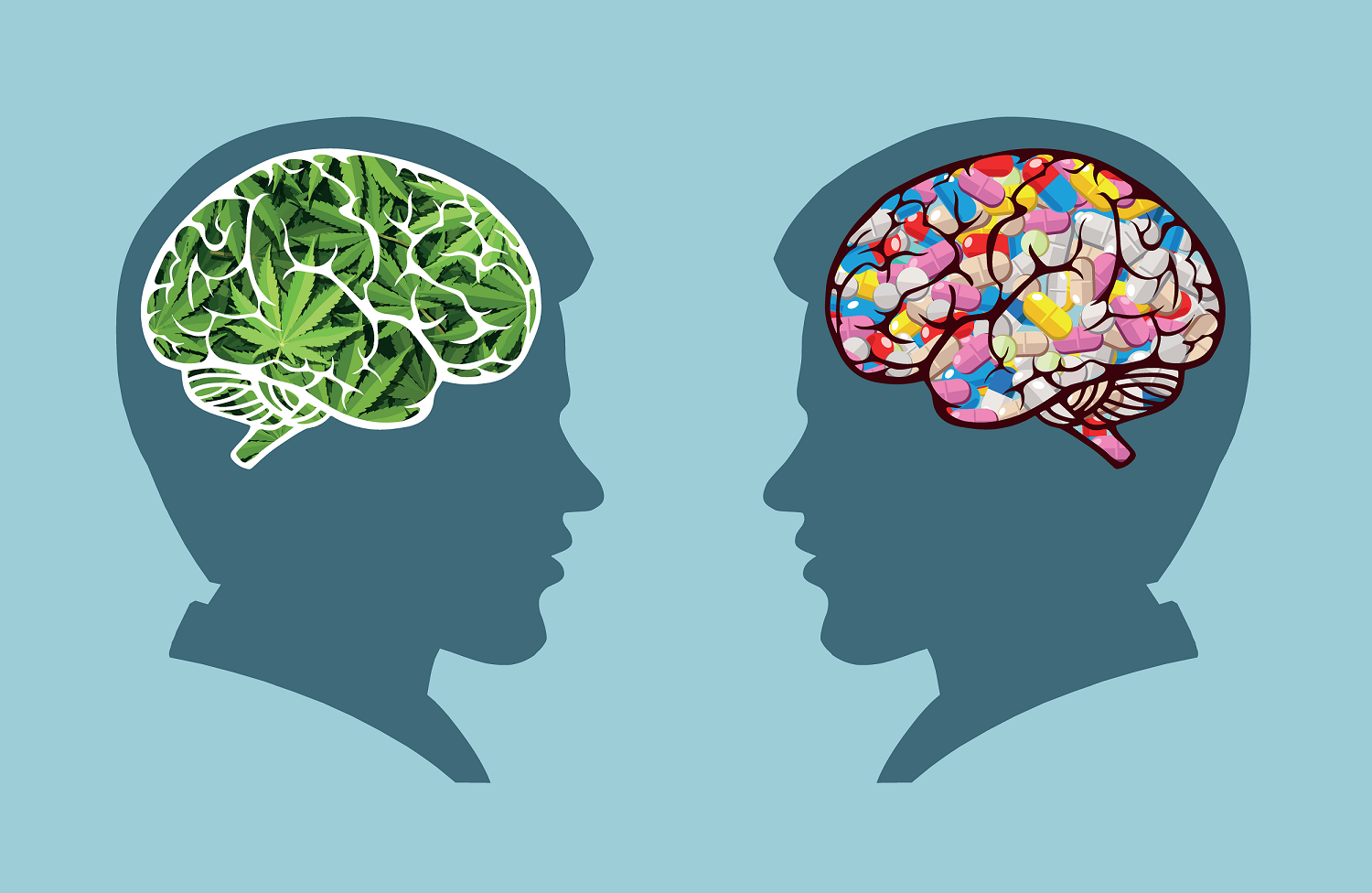In This Article
Key Takeaways
- Many states, such as Colorado, Pennsylvania, and Texas, now recognize autism as a qualifying condition for medical cannabis.
- Symptoms associated with autism, like severe anxiety, PTSD, or epilepsy, may qualify for medical cannabis in states where autism itself does not.
- Some states, like California, New York, and Oklahoma, give physicians flexibility to recommend medical cannabis for conditions they believe will benefit from treatment.
As medical cannabis becomes more widely accepted and legally available, many individuals and families are exploring its potential therapeutic benefits for a range of medical conditions, including autism.
Each state has a set of legally recognized qualifying conditions that make individuals eligible to apply for a medical cannabis card. However, the laws governing medical marijuana for the condition vary significantly from state to state, making it difficult for patients to understand whether they can get a medical card for autism.
It’s essential to understand whether autism is a recognized qualifying condition for medical cannabis in various states, the specific symptoms of autism that might qualify, and what steps to take if you or someone you know could benefit from obtaining a medical card for autism.
What are Qualifying Conditions?
Qualifying conditions are specific medical issues that states recognize for medical cannabis use. These vary by state and include disorders like chronic pain, epilepsy, and, increasingly, autism. Being diagnosed with one of these debilitating conditions is often needed to receive a medical cannabis card for autism, which allows patients legal access to cannabis for treatment.1
States regularly update their lists of qualifying conditions to reflect new medical research and legislative changes. If you're wondering what states allow medical marijuana for autism or what other conditions are recognized, visit your state agency’s website.
How Can I Find My State's Qualifying Conditions?

To find out if autism or any other condition qualifies for medical cannabis in your state, consult reliable resources that provide up-to-date legal information.
Start by visiting the website of your state’s health department or the agency that oversees medical cannabis regulation. The website often lists the recognized qualifying conditions for medical cannabis.
Additionally, NuggMD offers comprehensive guides that detail the medical cannabis laws, qualifying conditions, and step-by-step instructions on how to get a medical card for each state.
Other valuable resources include the state chapters of NORML and Americans for Safe Access or the Marijuana Policy Project. These organizations track cannabis legislation and can provide information on whether you can get a medical cannabis card for autism in your state and guidance on how to proceed if you’re eligible.
Which States Have Autism as a Qualifying Condition?
State laws on medical cannabis vary significantly. This includes whether autism is recognized as a qualifying condition. Some states list autism explicitly, while others may only consider it under specific circumstances or not at all.
Currently, these are the states that allow medical marijuana for autism:
- Alabama
- Colorado
- Delaware (if self-injurious or aggressive behavior is present)
- Connecticut
- Georgia
- Illinois
- Louisiana
- Michigan
- Minnesota
- Mississippi
- Missouri
- Nevada
- New Hampshire
- New Mexico
- North Dakota
- Pennsylvania
- Texas
- Utah
- Virginia
If you live in one of these states, you may be eligible to apply for a medical cannabis card for autism. For more information on how to register for medical cannabis use in your state, check out NuggMD’s Guide to Medical Marijuana Registries by State.
If My State Doesn't Have Autism as a Qualifying Condition, Can I Still Get a Medical Card?

If your state doesn’t recognize medical marijuana as a treatment for autism, there may still be other ways to obtain a medical card for this condition. Some states allow for broader criteria, focusing on symptoms rather than specific diagnoses.
For instance, in California, any chronic or persistent symptom that significantly impacts daily life, as defined by the Americans with Disabilities Act, may qualify. This means that if autism results in severe symptoms that limit your ability to function, you might still be eligible for a medical cannabis card.
Additionally, some states, like Massachusetts and Maryland, allow physicians to recommend medical cannabis for conditions they deem debilitating, even if those conditions aren’t explicitly listed. This allows for greater flexibility, particularly if traditional treatments have been ineffective for your condition.
In other states, such as New York and Oklahoma, any condition that a physician believes could benefit from cannabis treatment may qualify. Florida also provides similar flexibility, recognizing conditions of the same kind or class as those listed. Washington, D.C., is unique in allowing self-certification under certain conditions.
If you believe you could benefit from medical cannabis for autism but don’t see your condition listed, it’s worth discussing your situation with a qualified physician. Some states also offer appeal processes where you can petition for your condition to be recognized as qualifying, giving you another potential way to access medical cannabis.
Do Any Symptoms of Autism Count as Qualifying Conditions?

While autism itself may not be recognized as a qualifying condition in all states, several symptoms commonly associated with autism often qualify for a medical card.
For instance, anxiety is a frequent symptom of autism and is recognized as a qualifying condition for medical cannabis in states like Nevada, New Jersey, North Dakota, Oklahoma, and Pennsylvania. If anxiety is a serious issue for an autistic individual, they may be able to qualify for a medical card under that condition.
Another common symptom among autistic individuals is PTSD, which qualifies for medical cannabis in nearly every state except Alaska. This broad recognition makes it more likely that autistic individuals who also experience PTSD can access medical cannabis.
Epilepsy and seizures, which are common comorbidities with autism, are also universally recognized as qualifying conditions for medical cannabis across all states. This means that if an autistic individual has a seizure disorder, they are very likely to be eligible for a medical cannabis card, regardless of the state they reside in.
Overall, while states might not always explicitly list medical cannabis for autism, having these related symptoms may qualify someone for a medical cannabis card. Patients will likely find that one or more of these symptoms qualify them for treatment in many states.
References
- Boehnke KF, Gangopadhyay S, Clauw DJ, Haffajee RL. Qualifying Conditions Of Medical Cannabis License Holders In The United States. Health Aff (Millwood). 2019;38(2):295-302. doi:10.1377/hlthaff.2018.05266
↩︎
The information in this article and any included images or charts are for educational purposes only. This information is neither a substitute for, nor does it replace, professional legal advice or medical advice, diagnosis, or treatment. If you have any concerns or questions about laws, regulations, or your health, you should always consult with an attorney, physician or other licensed professional.




